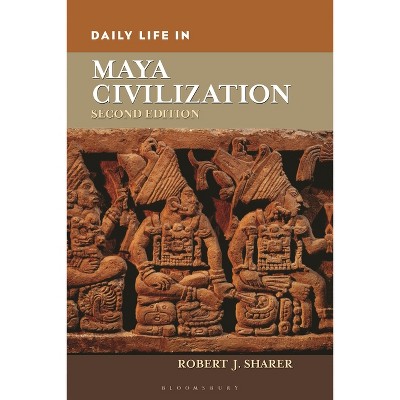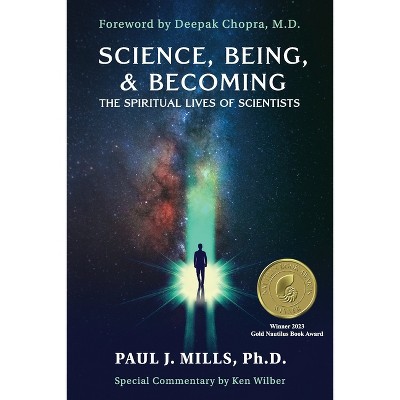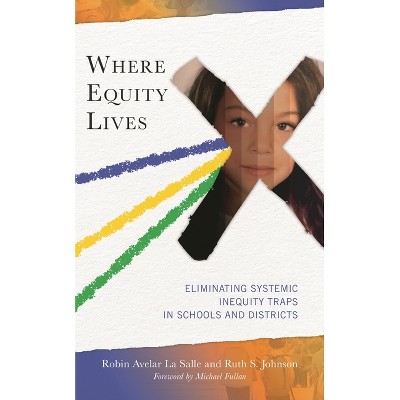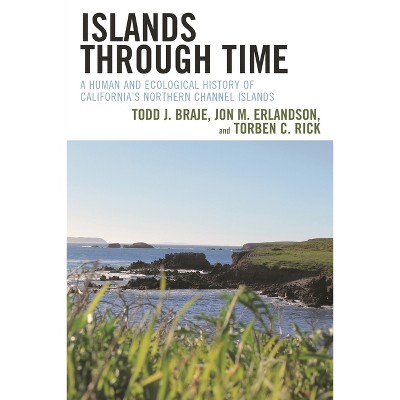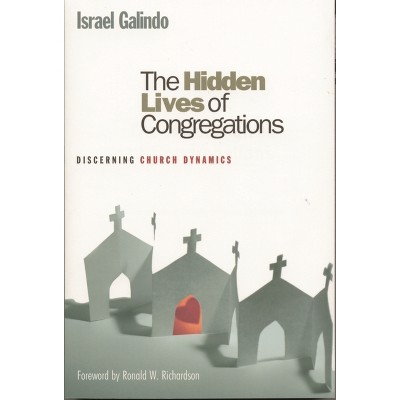Sponsored

Watching Lacandon Maya Lives - 2nd Edition by R Jon McGee (Paperback)
In Stock
Sponsored
About this item
Highlights
- Explores the dramatic cultural changes undergone by a Maya rainforest community over forty years
- About the Author: Reece Jon McGee is a professor of Anthropology at Texas State University in San Marcos, Texas.
- 230 Pages
- Social Science, Anthropology
Description
About the Book
Explores the dramatic cultural changes undergone by a Maya rainforest community over forty yearsBook Synopsis
Explores the dramatic cultural changes undergone by a Maya rainforest community over forty years
Review Quotes
After the exceptional first edition of Watching Lacandon Maya Lives, anthropologist Jon McGee returns with an even more enduring and insightful text reflecting on his forty years of ethnographic work in a Lacandan community. In this engaging work, readers are taken on a journey through the lives of three generations of one large extended family in the community of Nahá and through the author's personal, informal-yet-academically driven writing style, witness the transformative social change in one indigenous culture. From an economy based upon swidden horticulture to one based upon a mixed economy of tourism and government aid, this text offers an insightful view on how economic changes can have sweeping ramifications felt over time, and on multiple levels of cultural practice. McGee draws upon his ethnographic field experience and invites readers in to discover, as he did, how it is that who we are, what we experience, informs how we understand and interact those with whom we share the world.
In this new edition, McGee invites readers to consider the nature of social change as he reflects on more than 40 years of fieldwork among Lacandon Maya families. Ethnographically driven, theoretically informed, and accessibly written, the text offers a welcome update to an anthropological classic.
McGee's second edition to Watching Lacandon Maya Lives provides an honest and valuable insight into Lacandon lifeways from the past to the present. Through the description of his personal experience among three generations of one extended family in a Lacandon village, the author shows how the natives adapted to cultural and environmental changes, underlining the importance of extensive anthropological field work and personal commitment.
The revised edition of Watching Lacandon Maya Lives will be useful to scholars and students as an honest introduction to the realities of anthropological fieldwork: the early awkwardness of entering a new environment and living among people who hold a different vision of the universe and the delight, frustration, and self-doubts that come from watching other people's lives and trying to understand why they act the way they do. Most importantly, McGee describes how he, as an anthropologist and an individual, has reacted to the lessons of field research and how those lessons have affected his work and life. In highlighting the changes he has witnessed during four decades of watching Lacandón Maya lives, and in acknowledging the changes he has observed in himself, McGee has brought us a book filled with insight, understanding, and authenticity.
Watching Lacandon Maya Lives presents a pithy account of the northern Lacandones written from the heart of a scholar who demystifies truths of a hitherto enigmatic people, candidly and unapologetically inserting himself into the narrative. As such, the book should appeal to the general reader and anyone else who is captivated by the Mayans past and present.
Watching Lacandon Maya Lives, 2e is the best detailed treatise of Northern Lacandon Maya domestic life and social interaction in rural Chiapas, Mexico to date. McGee's long-term and thoughtful insights on field research, cultural interpretations, gender issues, social change, and people's individual perspectives and actions make Watching Lacandon Maya Lives anthropologically significant. I very much recommend this book to anyone wanting to learn more about Lacandon Maya society and the discipline of anthropology.
Watching Lacandón Lives highlights the lucid observations that Jon McGee gleaned from decades of research among Lacandón Maya families in Mexico's tropical rainforest. Through his perceptive description of continuing change in Lacandón communities--and within himself--he has produced a book filled with friendship, insight, and authenticity.
About the Author
Reece Jon McGee is a professor of Anthropology at Texas State University in San Marcos, Texas. He is the author of numerous works on the Lacandon including Life, Ritual and Religion Among the Lacandon Maya and is also the coauthor of the texts Anthropological Theory: An Introductory History (Rowman and Littlefield), Sacred Realms: Essays in Religious Practices, Beliefs and Culture (Oxford University Press), and Introduction to Cultural Anthropology: An Interactive Approach (National Social Science Press). McGee is also the managing editor for Theory in Social and Cultural Anthropology: An Encyclopedia (Sage Publishing Company).Shipping details
Return details
Trending Non-Fiction





